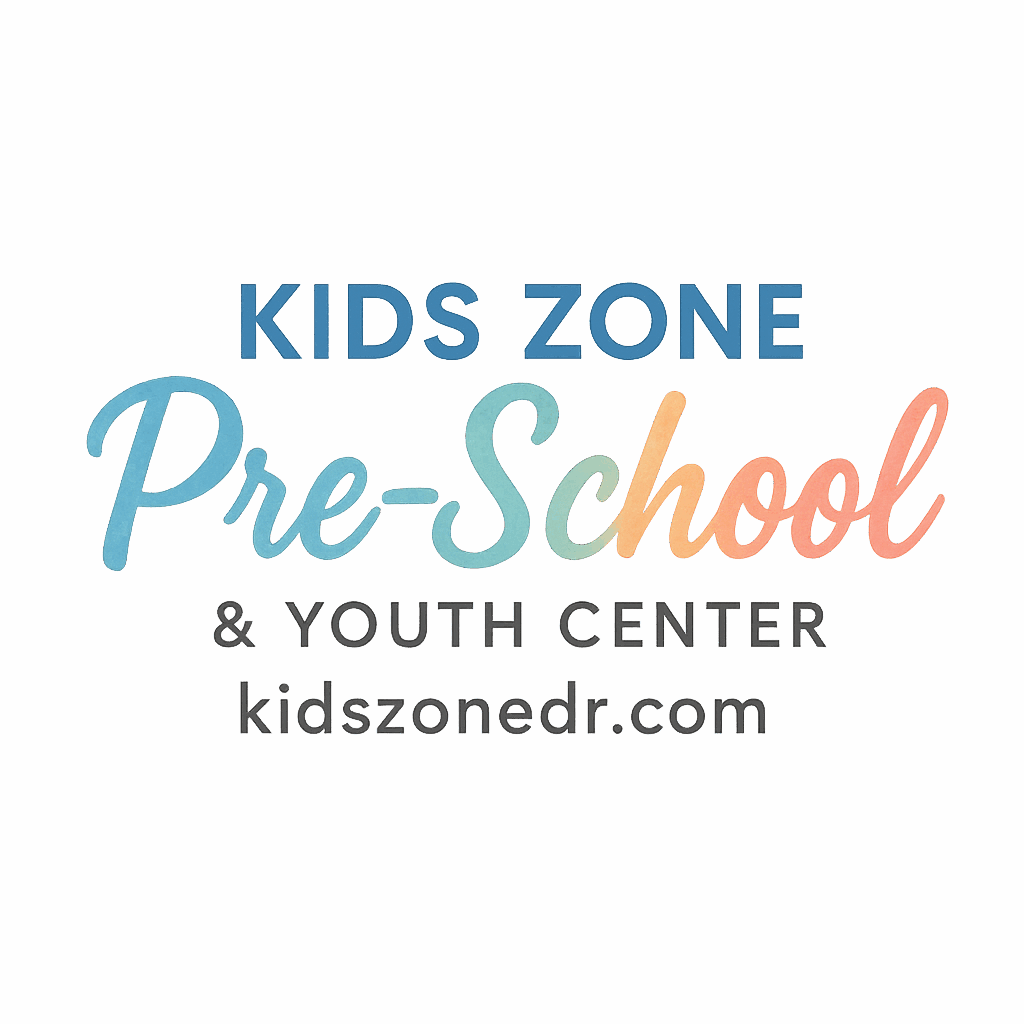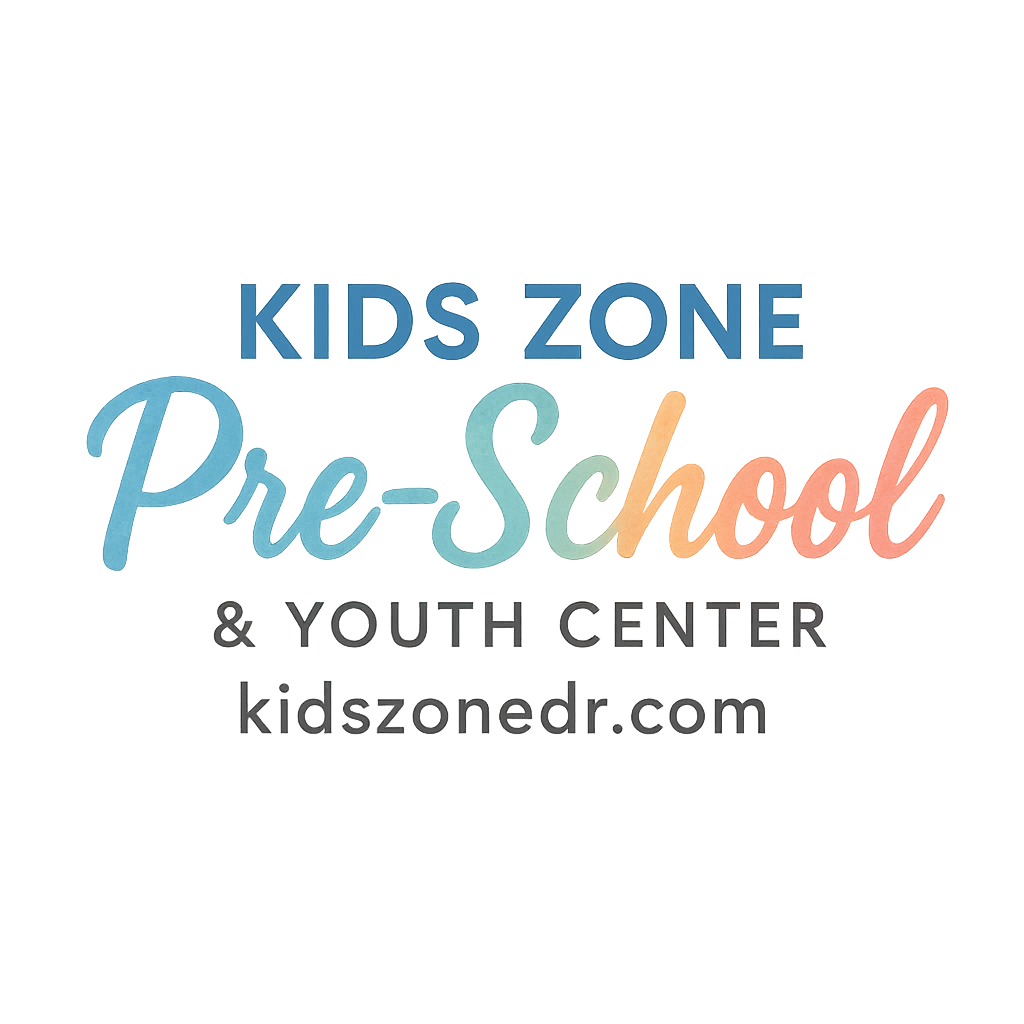Introduction to Early Literacy Development
As parents, we all strive to give our children the best start in life, and that begins long before formal schooling. Preschool plays a key role in shaping a child’s future learning, especially in the area of literacy. Early literacy skills are the foundation for reading, writing, and overall cognitive development. During preschool, children gain crucial skills that not only help them understand language but also enhance their social and emotional development. In this article, we will explore seven important literacy skills your child will acquire in preschool.
The Importance of Early Literacy in Preschool
Literacy skills are important from the very start of a child’s life. They begin developing long before children start formal schooling, and preschool is a pivotal time when these skills are nurtured. It’s not just about reading books; it’s about building a foundational understanding of how language works. In preschool, children learn the fundamentals of language, which prepare them to become proficient readers, writers, and communicators. Whether it’s through playing, talking, or reading, early literacy skills can help set your child on the path to academic success.
1. Letter Recognition and Phonics
Understanding the Alphabet
One of the first literacy skills that preschoolers develop is letter recognition. The ability to recognize letters is vital because it is the building block for future reading and writing skills. Children begin to recognize both uppercase and lowercase letters, and they start associating each letter with its corresponding sound.
Phonics and Sound Associations
Phonics involves understanding that letters represent sounds. Preschoolers start learning how each letter makes a sound, and how combining those sounds forms words. Phonics skills are essential for reading, as they help children decode words by connecting letters to sounds. For example, children might learn that the letter “B” makes the “buh” sound or that “C” sounds like “k.”
Fun Ways to Practice Letter Recognition
- Flashcards: Use flashcards with large, colorful letters to make learning fun and interactive.
- Letter Hunts: Take a walk around the house or neighborhood and hunt for objects that start with a particular letter.
- Songs and Rhymes: Many songs, like the ABC song, teach letter names and sounds in a catchy, memorable way.
2. Vocabulary Growth
Expanding Your Child’s Word Bank
Preschool is a time of rapid language development, and one of the most exciting things children will gain is an expanded vocabulary. As they are exposed to a variety of new words through books, conversations, and daily activities, their understanding of language grows. Building a rich vocabulary is essential because it helps children communicate more effectively and supports their reading and writing skills.
Activities to Build Vocabulary
- Read Aloud: Reading books, especially those with new and unfamiliar words, helps expand vocabulary. Choose books that challenge your child without being overwhelming.
- Interactive Conversations: Engage in two-way conversations with your child, asking questions that require more than just a yes/no answer.
- Playful Exploration: Label objects around the house or use descriptive language when talking about things, like “the red apple” or “the tall tree.”
3. Listening and Comprehension Skills
The Role of Storytelling in Comprehension
Storytelling is not just entertaining—it also helps preschoolers build comprehension skills. Listening to stories helps children understand narrative structures, character development, and sequencing. It also strengthens their ability to remember information and makes them more adept at following multi-step instructions.
Encouraging Active Listening
Active listening is an essential skill for both comprehension and social interaction. It’s not enough for children to just hear stories—they need to engage with them. Ask open-ended questions like “What do you think will happen next?” or “How do you think the character feels?” This helps children process the information they hear, which is vital for both understanding and retention.
Ways to Encourage Listening Skills
- Read with Expression: Use animated voices and expressions to capture your child’s attention and make the story come to life.
- Ask Questions: After reading, ask questions to check for understanding. This also encourages your child to think critically about the story.
- Create Your Own Stories: Have your child help create a story or fill in the blanks, which boosts their imagination and comprehension.
4. Early Writing Skills
Scribbling and Letter Formation
Early writing skills start with scribbling. While preschoolers may not form recognizable letters or words at first, the act of drawing and making marks on paper is crucial. These scribbles help develop hand-eye coordination and fine motor skills. As they progress, children begin to form simple shapes and letters, eventually leading to their first written words.
Developing Fine Motor Skills for Writing
Fine motor skills are necessary for writing, and preschoolers work on these skills in many ways. By using pencils, crayons, and scissors, children develop the muscle control needed to hold a writing utensil correctly. These small motor movements also help with other tasks, such as buttoning a shirt or tying shoelaces.
Tips to Encourage Early Writing
- Provide Tools: Offer a variety of writing materials, such as crayons, markers, and chalk, to encourage creativity.
- Trace Letters: Encourage your child to trace letters on a piece of paper to help with letter formation.
- Draw Together: Set aside time for drawing, as it helps develop hand control and prepares children for writing.
5. Understanding Print Concepts
What is Print Awareness?
Print awareness is the ability to recognize that written language has meaning. This is one of the most fundamental skills children acquire during preschool. Understanding that print goes from left to right and that the words on a page correspond to sounds and meaning is crucial for future reading success. Preschoolers begin to realize that letters form words, and those words convey meaning.
How to Introduce Print Concepts to Children
One of the best ways to introduce print awareness is by reading with your child. Pointing to words as you read, showing them how text works, and explaining simple concepts such as the direction of reading are great ways to help preschoolers understand print.

Print Awareness Activities
- Label Everything: Label items around the house, like “chair” or “table,” to help your child recognize written words.
- Read Together: Choose books with clear text and pictures, so your child can start making connections between words and images.
- Point and Read: Point to words as you read to show your child how text flows across the page.
6. Rhyming and Syllable Awareness
The Connection Between Rhyming and Reading
Rhyming is an essential skill for early literacy development. Recognizing and creating rhyming words helps children understand sound patterns, which are necessary for decoding words as they learn to read. Rhyming also builds phonological awareness, which is a skill that helps children understand the relationship between sounds and letters.
Fun Rhyming Games to Try
- Sing Rhyming Songs: Use well-known songs, like “Twinkle, Twinkle Little Star” or “The Wheels on the Bus,” to help your child recognize rhymes.
- Rhyming Books: Choose books that focus on rhyming words, such as Dr. Seuss books, and ask your child to identify rhyming words as you read.
- Rhyming Pairs: Play a game where you say a word, and your child has to come up with a word that rhymes with it.
7. Social Interaction and Language Skills
Building Social and Emotional Vocabulary
Preschool is not just about academic skills; it’s also a time for social and emotional development. As children interact with their peers and caregivers, they learn how to express their feelings and communicate their needs. Preschool provides the opportunity for children to develop a social vocabulary—words that help them talk about their emotions and relationships.
Role-Playing and Conversation Skills
Role-playing activities, such as playing house or pretending to be animals, help children practice communication and social skills. By engaging in pretend play, preschoolers develop the ability to take turns, express their thoughts, and engage in conversations with others.
Activities to Boost Social Interaction
- Pretend Play: Set up a pretend grocery store or restaurant and encourage your child to act out different roles.
- Group Play: Encourage your child to play with others. Group activities help them learn sharing, collaboration, and taking turns.
- Conversational Practice: Have regular conversations with your child, focusing on asking and answering questions.
Conclusion: Preparing Your Child for Literacy Success
Preschool lays the foundation for your child’s academic future. By focusing on skills such as letter recognition, vocabulary development, listening, early writing, print awareness, rhyming, and social interaction, you’re setting your child up for success in reading, writing, and beyond. Encourage these skills through fun activities and positive reinforcement, and watch your child flourish.
FAQs about Early Literacy Skills in Preschool
1. When do children start learning to read and write?
Children begin developing early reading and writing skills around ages 3 to 5 in preschool. The focus is on building foundational skills like letter recognition, phonics, and vocabulary.
2. How can I support my child’s literacy development at home?
Reading together every day, engaging in conversations, and providing opportunities for hands-on activities like drawing and writing are excellent ways to support literacy development.
3. What is the most important skill for early literacy?
Phonemic awareness, or understanding the relationship between letters and sounds, is a key skill for early literacy development.
4. Should I teach my child to read before preschool?
While it’s not necessary to teach formal reading before preschool, introducing your child to letters, sounds, and print concepts can give them a strong start.
5. How can I make reading fun for my child?
Make reading interactive by using voices, pointing to words, and asking questions. Choose books that match your child’s interests and engage them in conversation about the story.
6. Is there a difference between vocabulary development and word recognition?
Yes! Vocabulary development focuses on understanding the meaning of words, while word recognition is about being able to identify and remember the shape and sound of words.
7. Can my child’s social skills affect their literacy?
Definitely! Social skills help children develop their language and communication abilities. Through play and conversation, preschoolers expand their vocabulary and improve comprehension.


